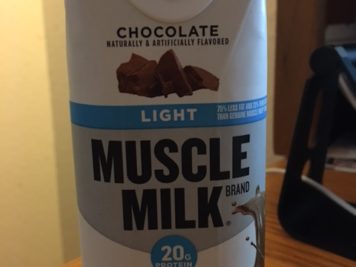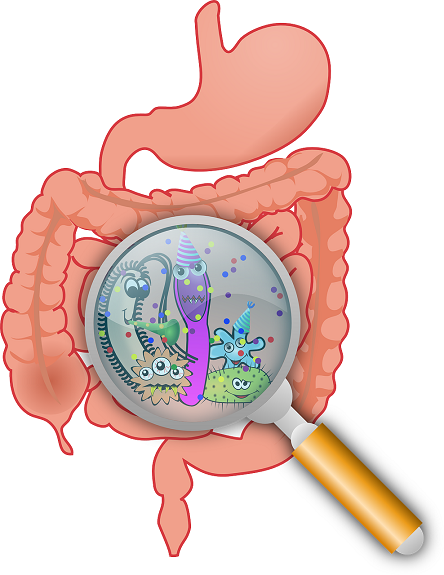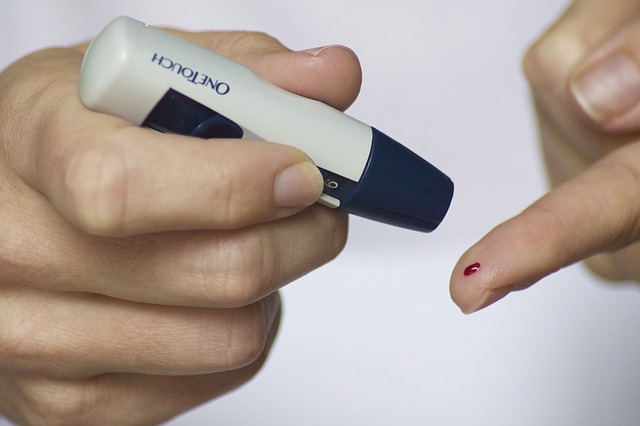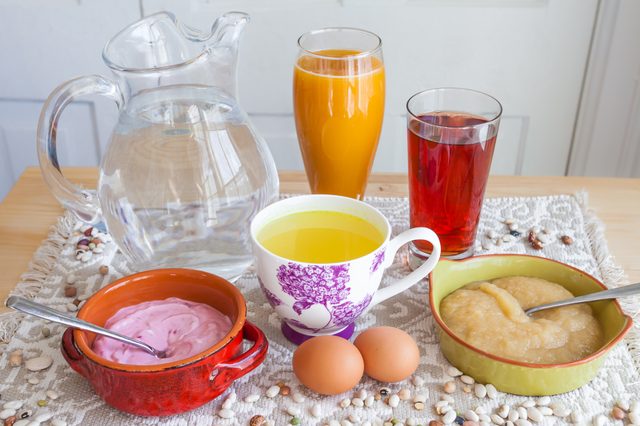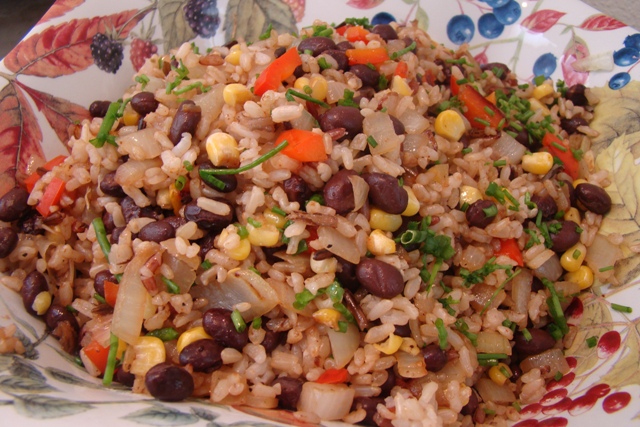Weight loss surgery is a life-changing event, but it may alter you in some ways that you don’t even realize.
Swedish Research on Bariatric Surgery:
A new Swedish study is suggesting that bariatric surgery may lead to long-term changes in the patient’s gut bacteria that help with weight loss after the procedure. Researchers analyzed the gut bacteria in 14 women who had bariatric surgery nearly 10 years after their procedure.
Half of the women underwent Roux-en-Y gastric bypass, a surgery that involved the doctor creating a small pouch from the top of the stomach, connecting it directly to the small intestine. The other half of the patients had vertical banded gastroplasty, where the stomach becomes smaller by using a band and staples.
Those who underwent the gastric bypass surgery saw a greater change in their gut bacteria than the women who were severely obese, but didn’t have surgery. The women who had vertical banded gastroplasty also saw more of a change than the non-surgery group, but the differences were not deemed statistically significant.
The women who underwent gastric bypass surgery had significantly more bacteria that belongs to the genuses Escherichia, Klebsiella and Pseudomonas
“Our results suggest that the gut microbiota may play a direct role in the reduction of adiposity [body fat] observed after bariatric surgery,” wrote researchers in a recent issue of the journal Cell Metabolism.
This wasn’t the first study to connect bariatric surgery to changes in gut bacteria, but the researchers say it was the first to examine its long-term impact. Maybe the most fascinating aspect of their findings was that they took patient body mass index (BMI) into account, which suggested that the surgery itself, not the weight loss, was related to the gut bacteria change.
The researchers transplanted bacteria from obese women and those who had the surgeries into mice that did not have gut microbes. Those mice that got gut bacteria from the surgery group gained less body fat than the mice with microbes from the non-surgery group.
The health implications of gut bacteria are best known by the general public when discussing the term “probiotics,” live bacteria and yeasts that help with the digestive system. It’s a relatively new world being explored by experts and health conscious people alike.
Our GI tract has over 500 species of bacteria that help break down food, strengthen our immune system, and fight against pathogens. It’s when the ratio of good to bad bacteria is skewed that health issues may arise.
Guest Post By Dr.Samuel Bledsoe
About Samuel Bledsoe, MD, FACS
Dr. Samuel Bledsoe is a Fellow of the American College of Surgeons and a member of the American Society for Metabolic and Bariatric Surgery. He has been performing weight loss surgery for over 10 years and is currently practicing at Christus St. Frances Cabrini Hospital in Alexandria, Louisiana. He is the Medical Director of Bariatric Surgery and past Section Chief of Surgery. Dr. Bledsoe is available for presentations and interviews upon request.
by Kevin Angileri
